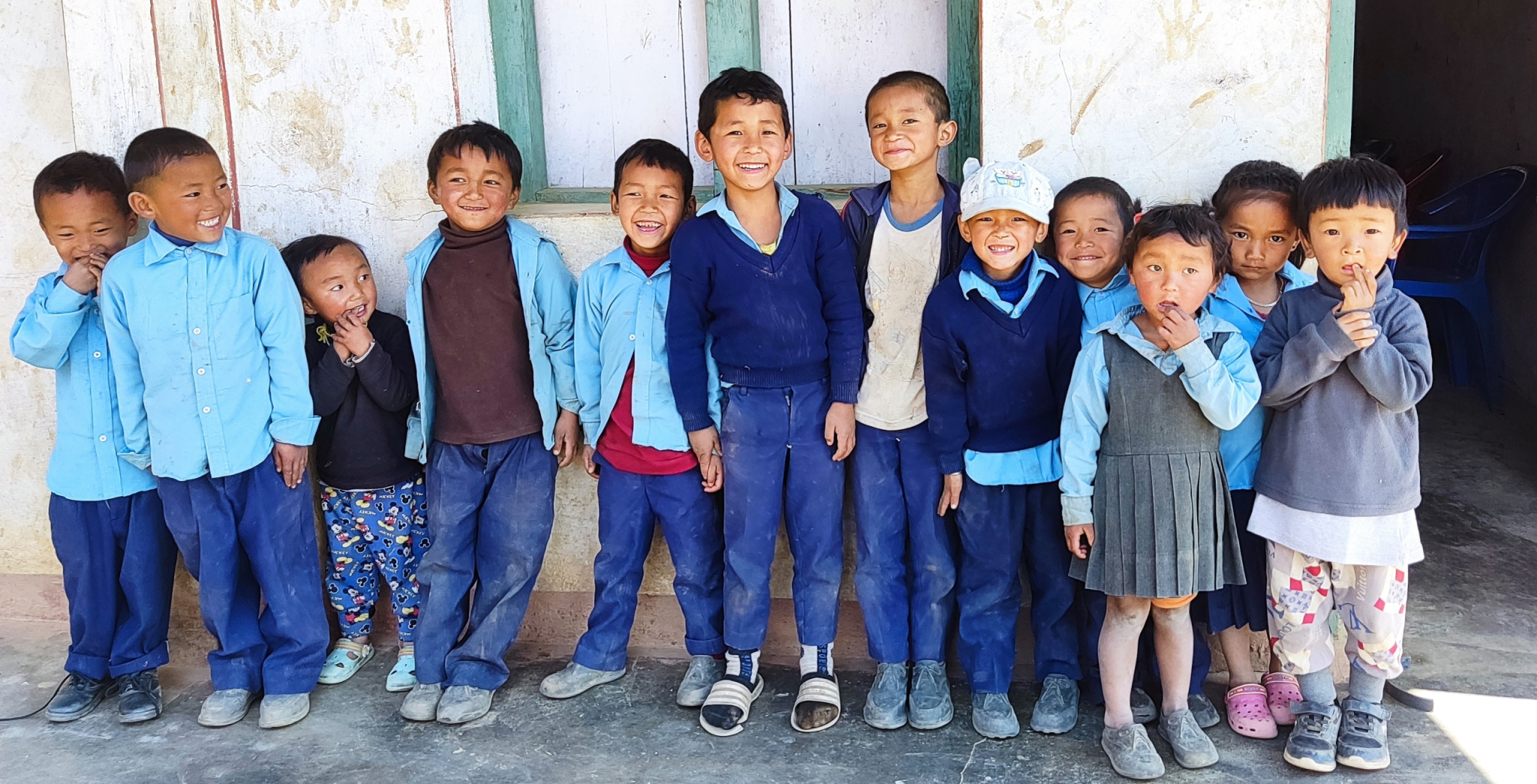A revised DPRP 2.0, lessons learned and changes
Based on the experiences in the past five years and the analysis of the preliminary results, a number of activities were reviewed and dropped as they had too little impact, were also offered by other NGOs, or are taken over by the government as they were impacting highly. Also, Karuna Nepal reviewed its working modality and aims at reducing operational costs while also making its support more effective. Some important components of these modifications are the following:
USG Machine: A survey shows that in most ‘communities in the other half of Koshi Province, there is already an UltraSound device. This is partly due to the activities of other NGOs that were working there. DPRP’s role can be limited to providing the machines only in the health facilities where they do not exist and providing training and continuing education to the extent not done by others.
Birthing Centres: The Nepalese government has committed to a system of birthing centers in every village, making it possible for every pregnant woman to give birth in a nurturing environment. These birthing centers certainly do not always meet our standards but still represent a significant step forward in preventing birth trauma. Karuna will no longer set up birthing centers but will continue to propagate them.
Training of CBRFs: More than 200 CBRFs have now been trained by Karuna in how to recognize, detect, counsel, refer and provide a better future for children and adults with disabilities. With this experience, training has become more focused and the number of days of training could be reduced from 90 to 65. The Knowledge and Evidence lab as mentioned below, can further help CBRF’s to improve their knowledge and skills through peer review, exchange, and “return days”.
The number of CBRFs: has been reduced based on the learning of DPRP1.0 from 208 to 154. The figure below illustrates the interventions that have been taken out (in orange blocks and blue letters The yellow is taken over by Federal Government in 2024.
Support systems: In DPRP 2.0 the district offices of the Karuna Foundation will be abolished. Instead, a Karuna employee from the provincial office will become responsible for the support in two municipalities.
Reducing operational costs and improving cost-effectiveness: These changes in the program, both interventions and working modality have reduced the costs of the program. While in DPRP 1 the program costs were €116.000 (excl 1) per municipality, the costs for DPRP 2.0 will be €95.000 per municipality, while inflation rates went up to 8.7 % in 2022.

